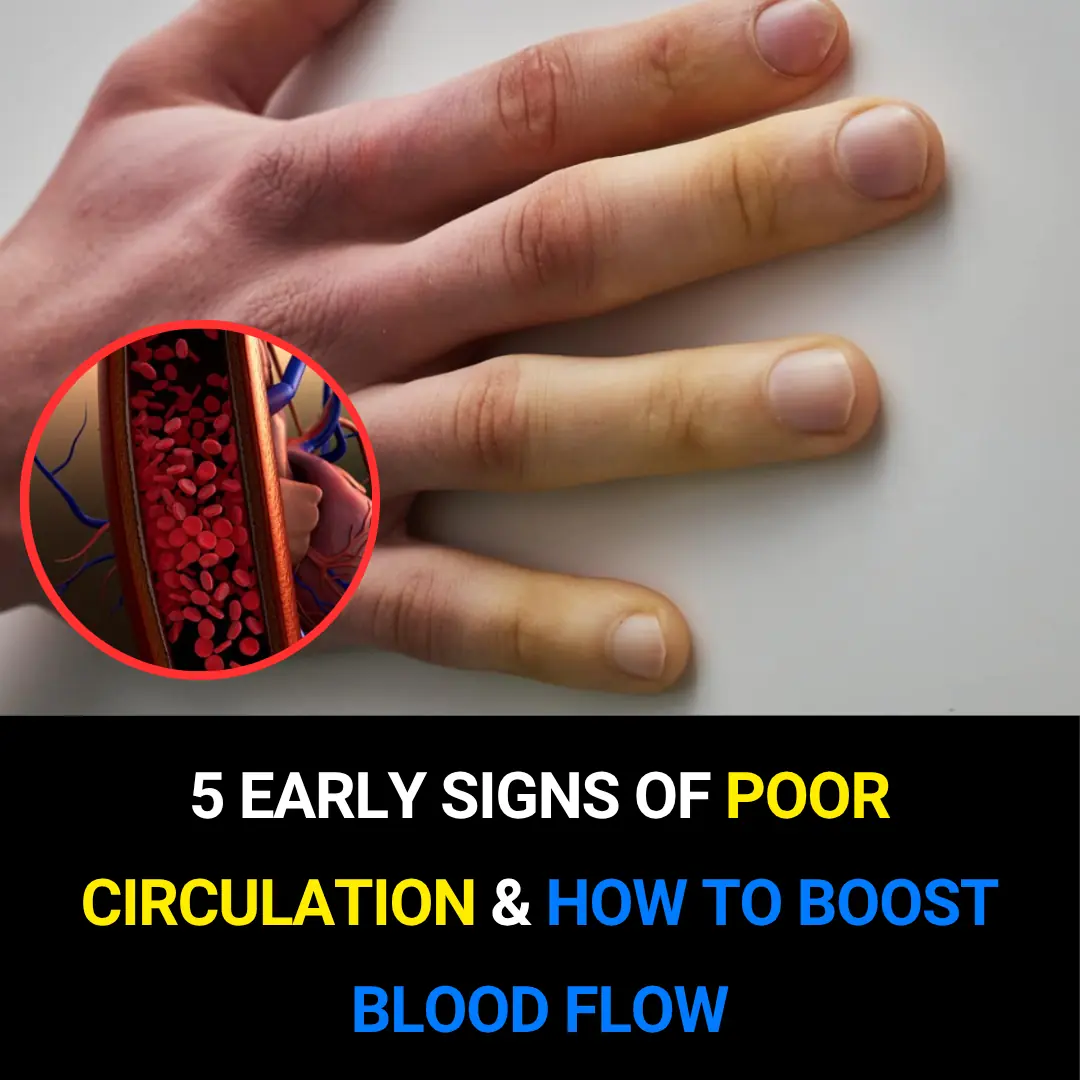
The B vitamin solution: lower blood pressure when medications fail

Imagine a world where managing your blood pressure isn’t a daily struggle filled with frustration and costly prescriptions, but rather a simpler, more effective, and even more affordable routine. What if the key to unlocking better cardiovascular health lay not in a new drug, but in something as common as a vitamin you can find at your local pharmacy? Emerging science suggests that B vitamins could hold the power to transform how we approach high blood pressure — offering a hopeful new path for millions worldwide who haven’t achieved ideal results with traditional medication alone.
The Widespread Challenge of High Blood Pressure
High blood pressure, or hypertension, affects nearly one-third of adults globally and remains one of the leading causes of heart attacks, strokes, and kidney failure. Managing it often requires a lifelong commitment to medication, diet, and lifestyle adjustments. Yet, for many people, even a cocktail of prescribed drugs fails to bring their readings into a healthy range.
If that sounds familiar, you might be among the one in eight individuals living with drug-resistant hypertension — meaning your blood pressure stays stubbornly high despite using at least three different medications. For this growing group, the search for safer, more effective alternatives has become increasingly urgent.
Adding to the challenge, health guidelines have tightened in recent years. What was once considered “borderline” is now officially high: anything above 130/80 mmHg is classified as hypertension, compared with the older 140/90 threshold. This shift means millions more people now fall under the “high blood pressure” category — making innovative solutions more important than ever.
The Homocysteine Connection: A Clue Hidden in Plain Sight
Recent groundbreaking research is shining light on a lesser-known culprit that may play a crucial role in hypertension: homocysteine. This naturally occurring amino acid is produced as your body metabolizes protein. Under normal circumstances, it’s harmless. But when levels rise too high — a condition known as hyperhomocysteinemia — it can silently damage your blood vessels.
Elevated homocysteine causes your arteries to stiffen and narrow, restricting blood flow and pushing your blood pressure upward. Over time, this not only increases your risk of hypertension but also sets the stage for heart disease, stroke, and cognitive decline.
So, what causes these levels to climb? Often, it’s linked to genetics or a deficiency in specific B vitamins — particularly vitamin B6, B12, folate (B9), and riboflavin (B2). These nutrients are essential for breaking down homocysteine efficiently, and when your body lacks them, levels can build up quickly.
The Vitamin Solution: Small Change, Big Impact
The exciting news is that lowering homocysteine can be done safely, naturally, and affordably. A comprehensive review of multiple clinical studies found that supplementing with B vitamins can reduce systolic blood pressure by 6 to 13 mmHg — a meaningful difference, especially for those struggling with resistant hypertension.
To put that into perspective: even a 2 mmHg reduction in systolic pressure can lower your risk of stroke by up to 10%. That means a modest daily vitamin routine could have long-term, life-saving benefits.
Researchers also point out an important — and often overlooked — issue: laboratory reference ranges for homocysteine levels. While most labs still consider 11.4 μmol/L “normal,” the latest data suggests that anything above 10 μmol/L may already be too high. This seemingly small discrepancy could mean the difference between catching a problem early and missing an opportunity for timely intervention.
What This Means for You
If you’ve been struggling to keep your blood pressure under control, this new line of research could be a game changer. Incorporating the right B vitamin supplements — under medical supervision — may help lower both your homocysteine levels and your blood pressure naturally. However, it’s essential to consult your healthcare provider first. Dosage and vitamin type can vary depending on your age, health status, and other medications you’re taking.
Lifestyle still plays a vital role, too. Pairing vitamin supplementation with a balanced diet, regular exercise, adequate sleep, and stress management creates the best environment for your body to heal and regulate itself.
A Promising Path Forward
This pivotal research, led by Dr. Merrill Elias and published in the American Journal of Hypertension, highlights a new frontier in cardiovascular care — one where nutritional science and traditional medicine work hand in hand. For people living with drug-resistant hypertension, this discovery offers renewed hope: an accessible, science-backed, and cost-effective way to take control of your health.
While vitamins aren’t a magic bullet, they represent a powerful addition to your treatment strategy — potentially helping millions reduce their reliance on multiple medications while improving long-term heart health. The future of hypertension management may very well start with something as simple as what’s already on your breakfast table.
News in the same category

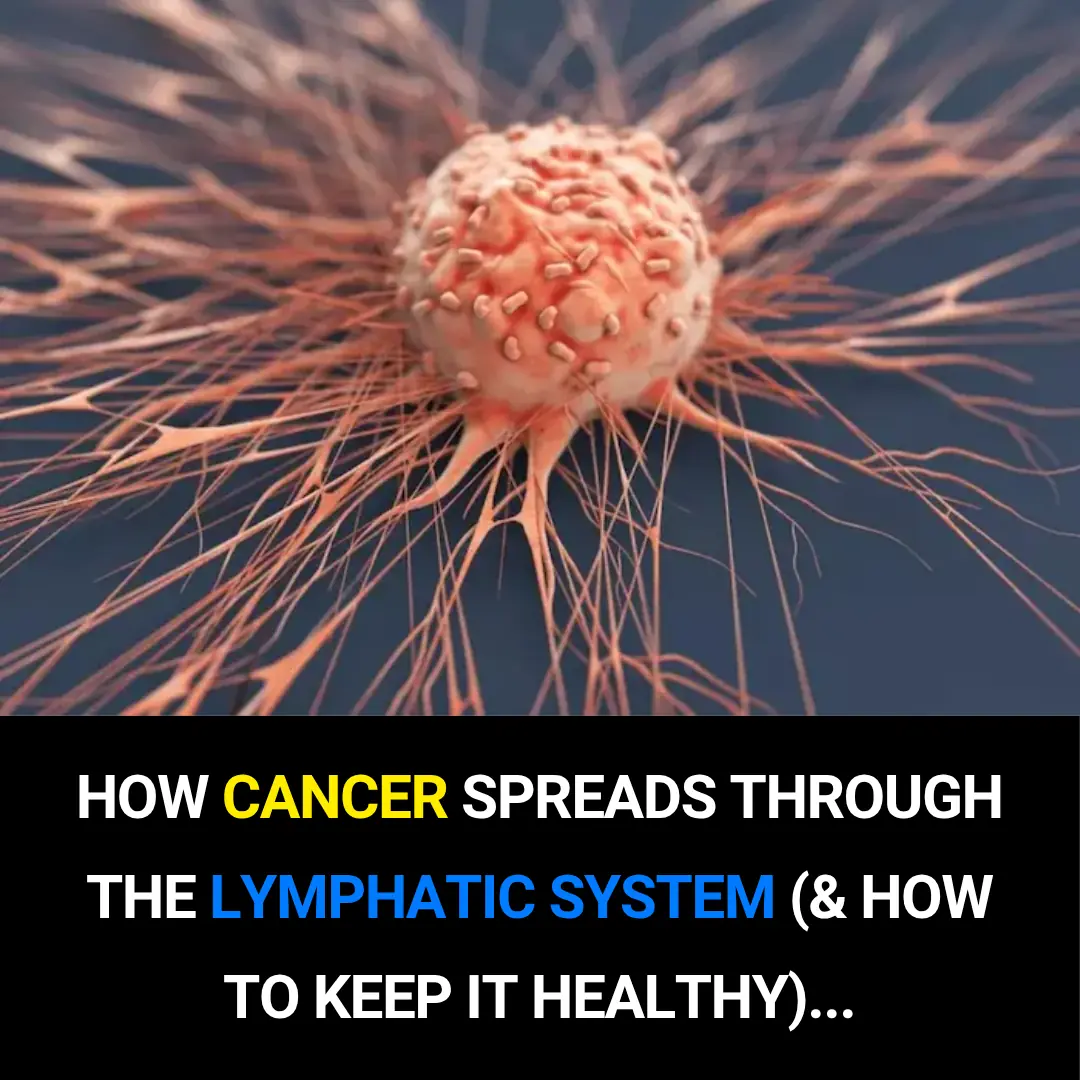
How Cancer Travels Through the Lymphatic System—and Ways to Keep It Strong
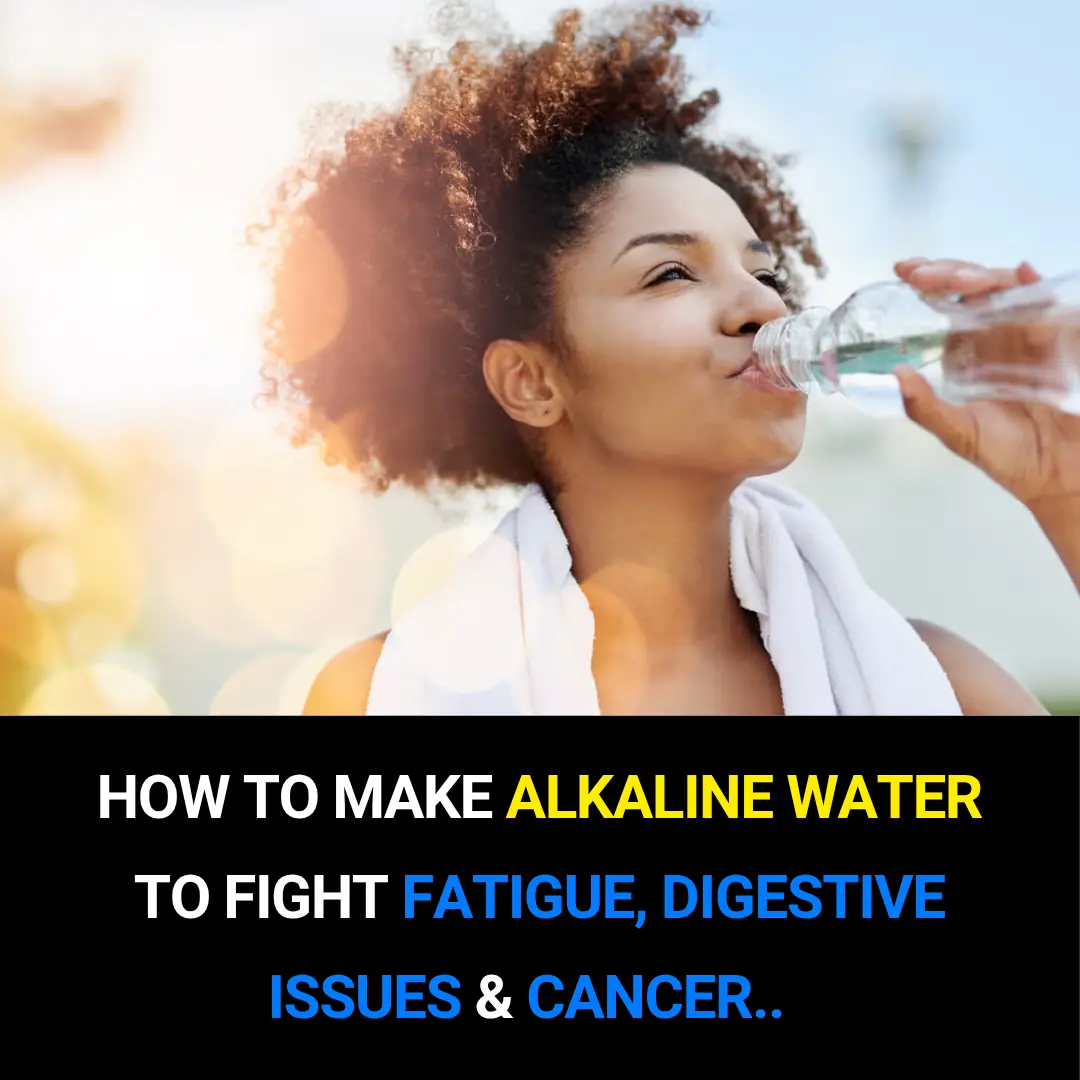
How to Make Alkaline Water to Fight Fatigue, Digestive Issues, and Disease
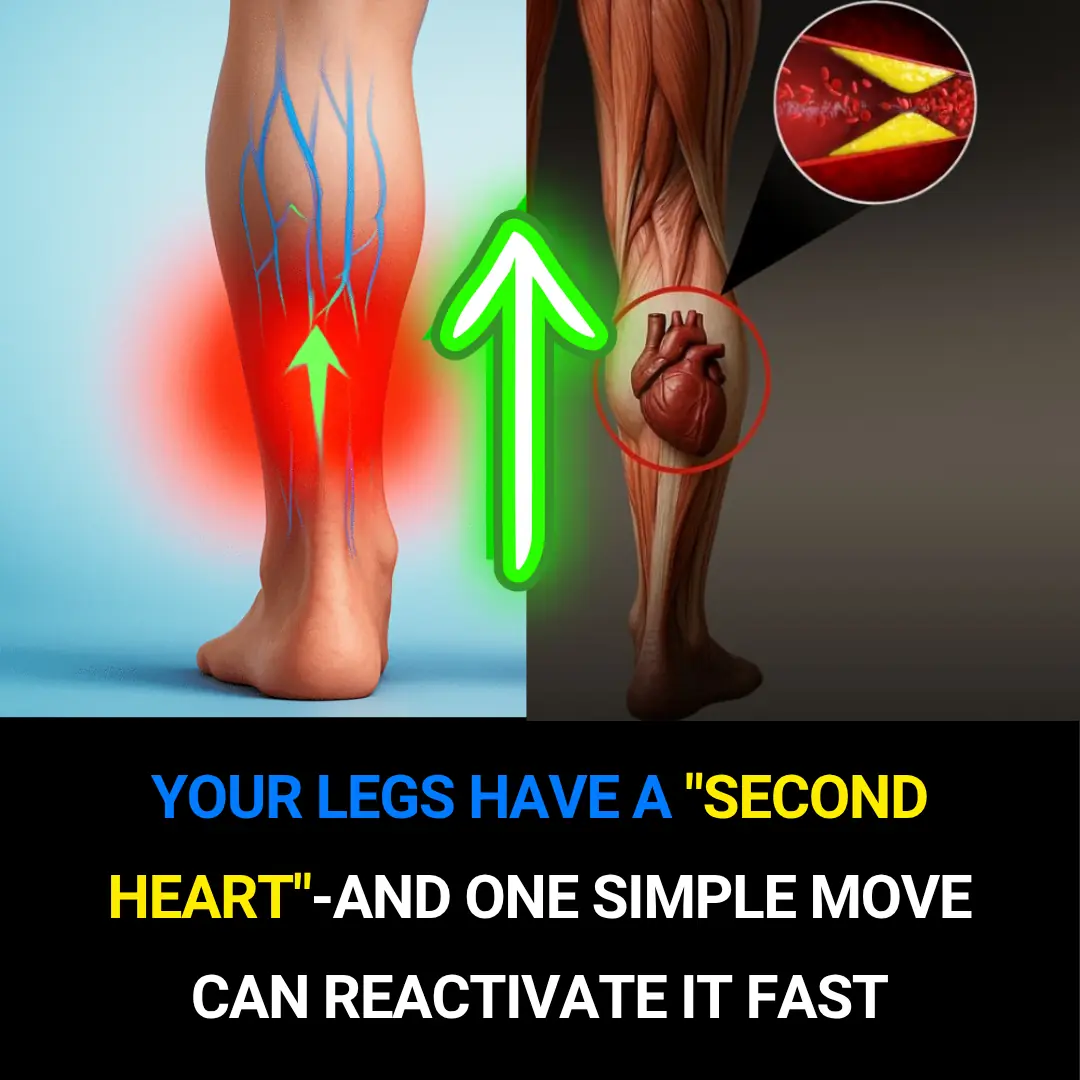
Your Legs Have a “Second Heart” — And One Simple Move Can Reactivate It Fast

A neurosurgeon says your legs could predict dementia years before memory loss
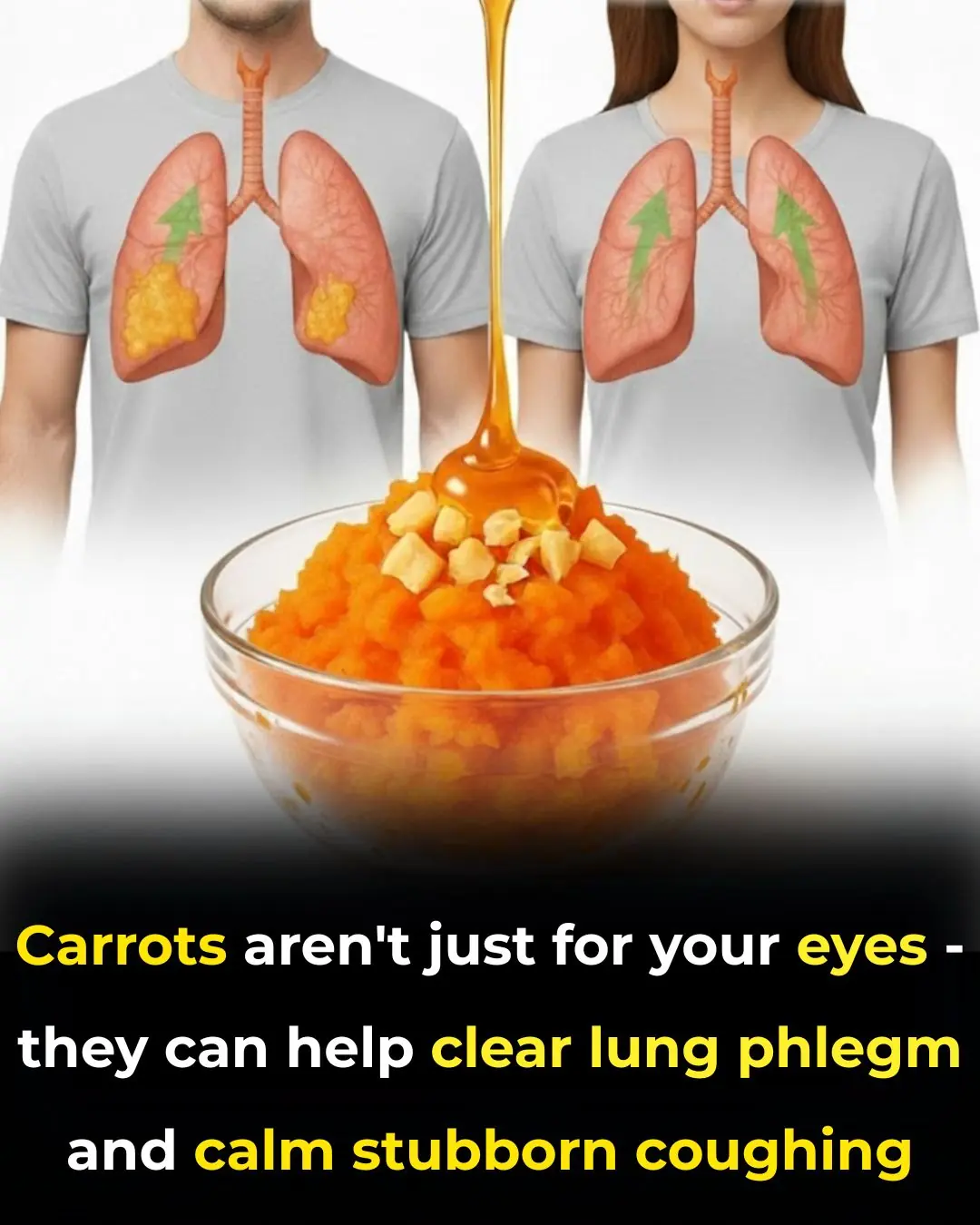
Simple Homemade Cough Syrup Removes Phlegm From The Lungs
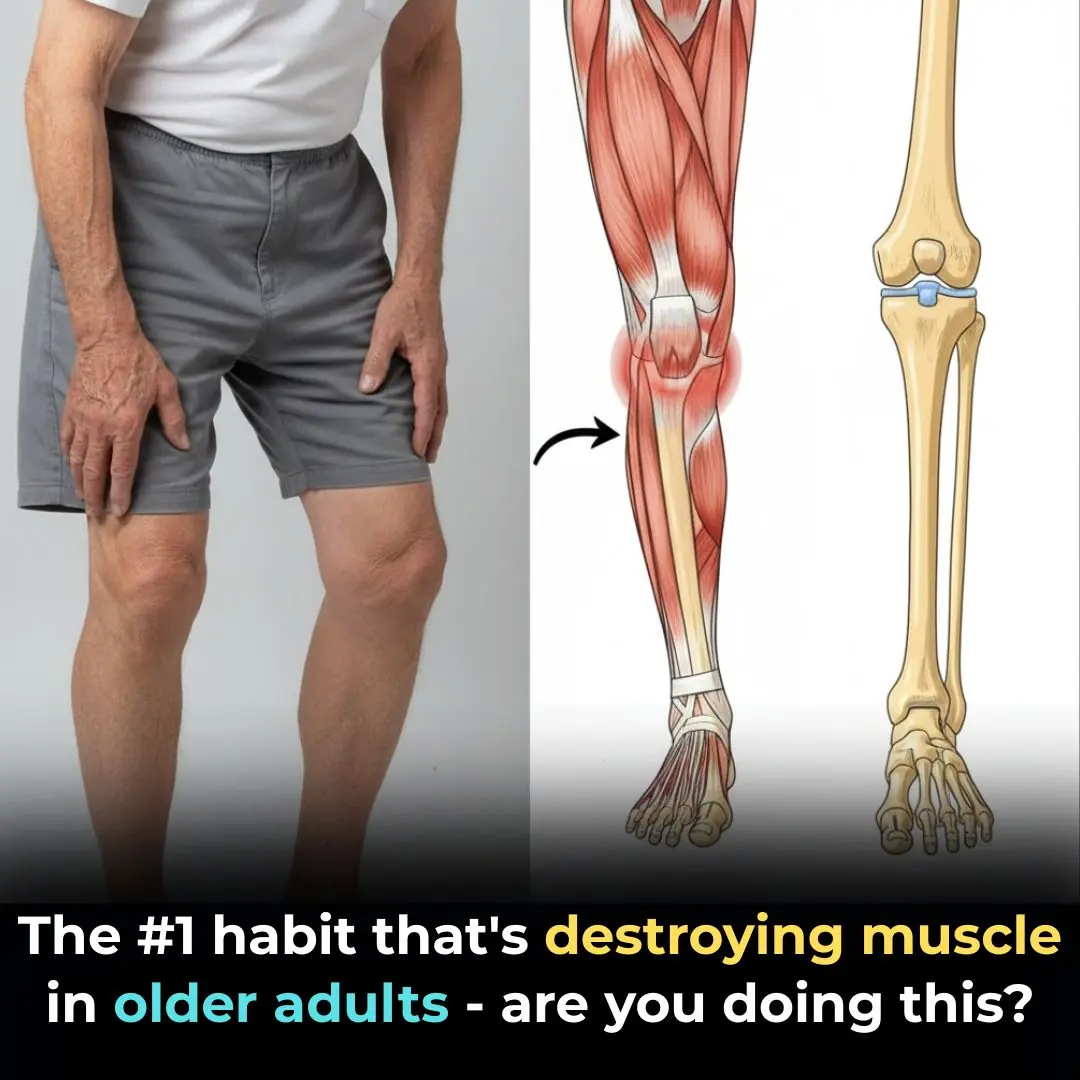
The #1 habit that’s destroying muscle in older adults—are you doing this?
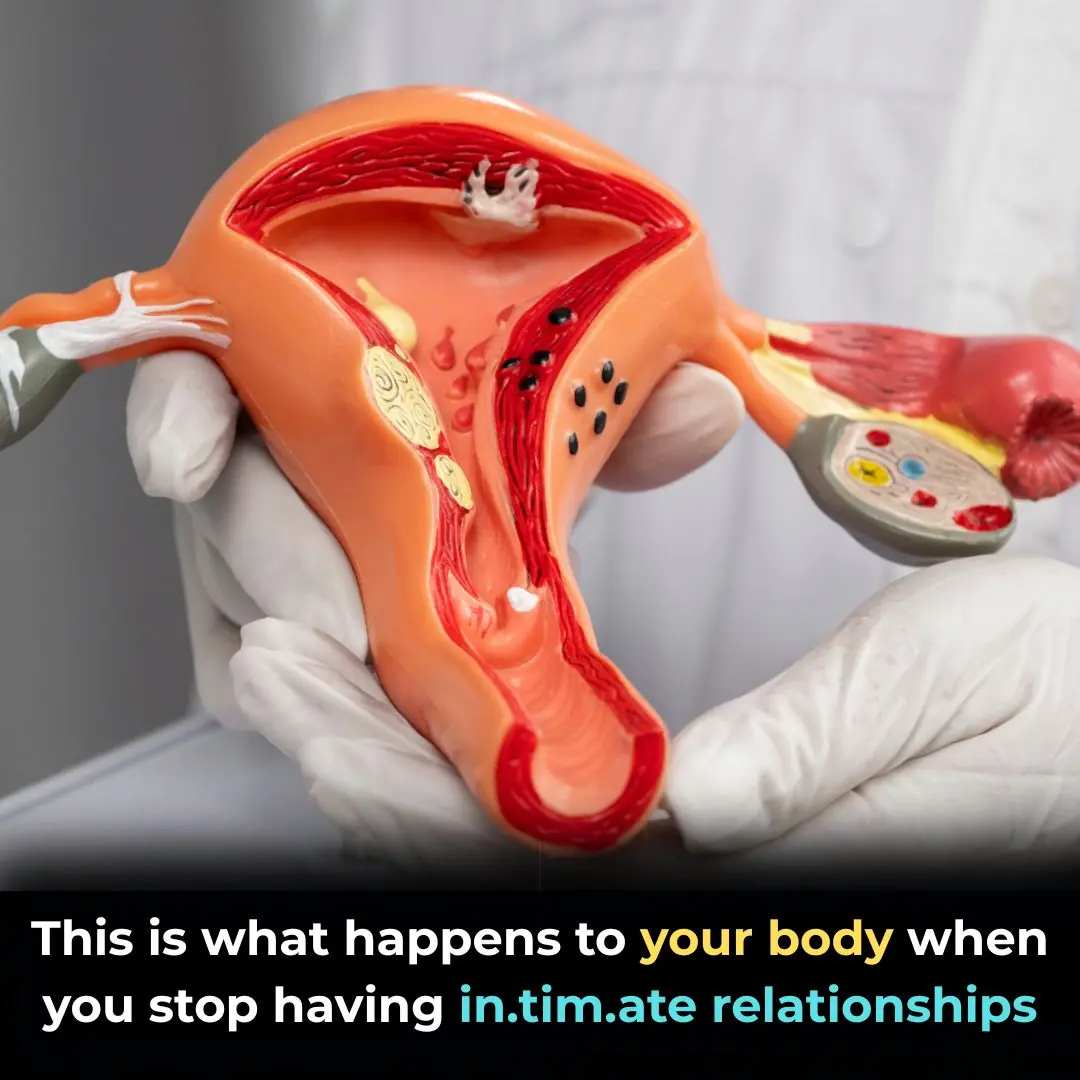
The Hidden Consequences of a S*xless Life
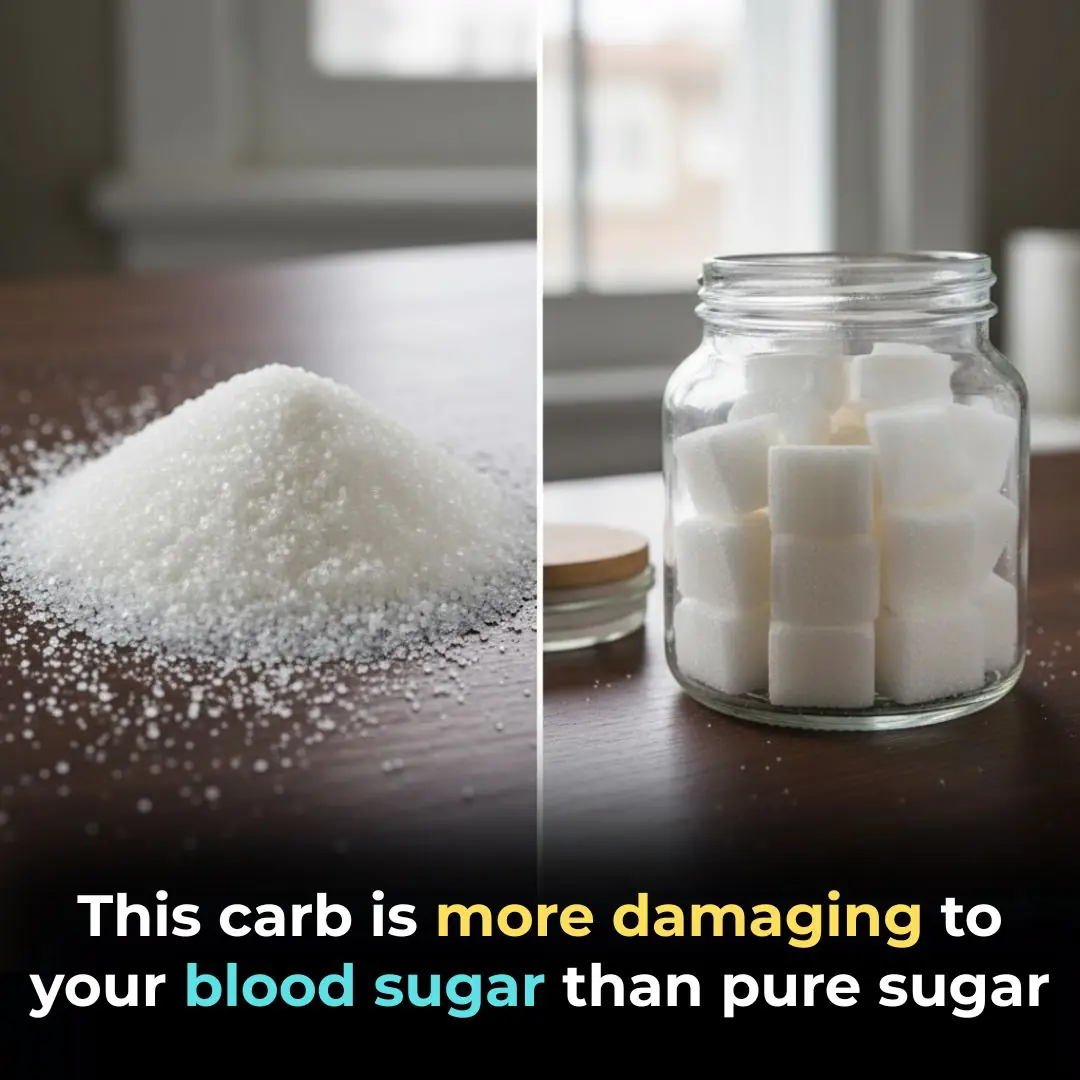
This carb is more damaging to your blood sugar than pure sugar
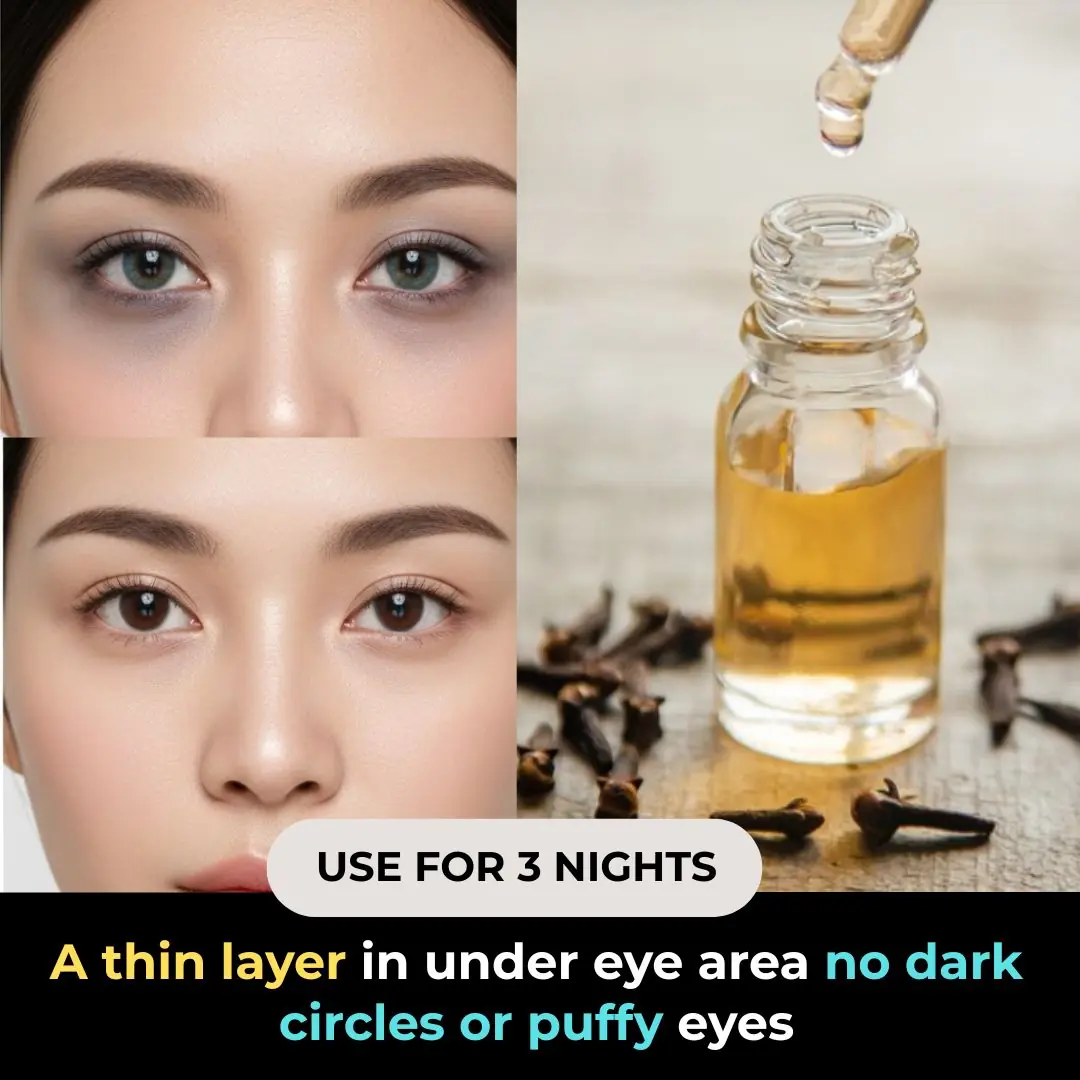
DIY Under-Eye Clove Cream for Dark Circles
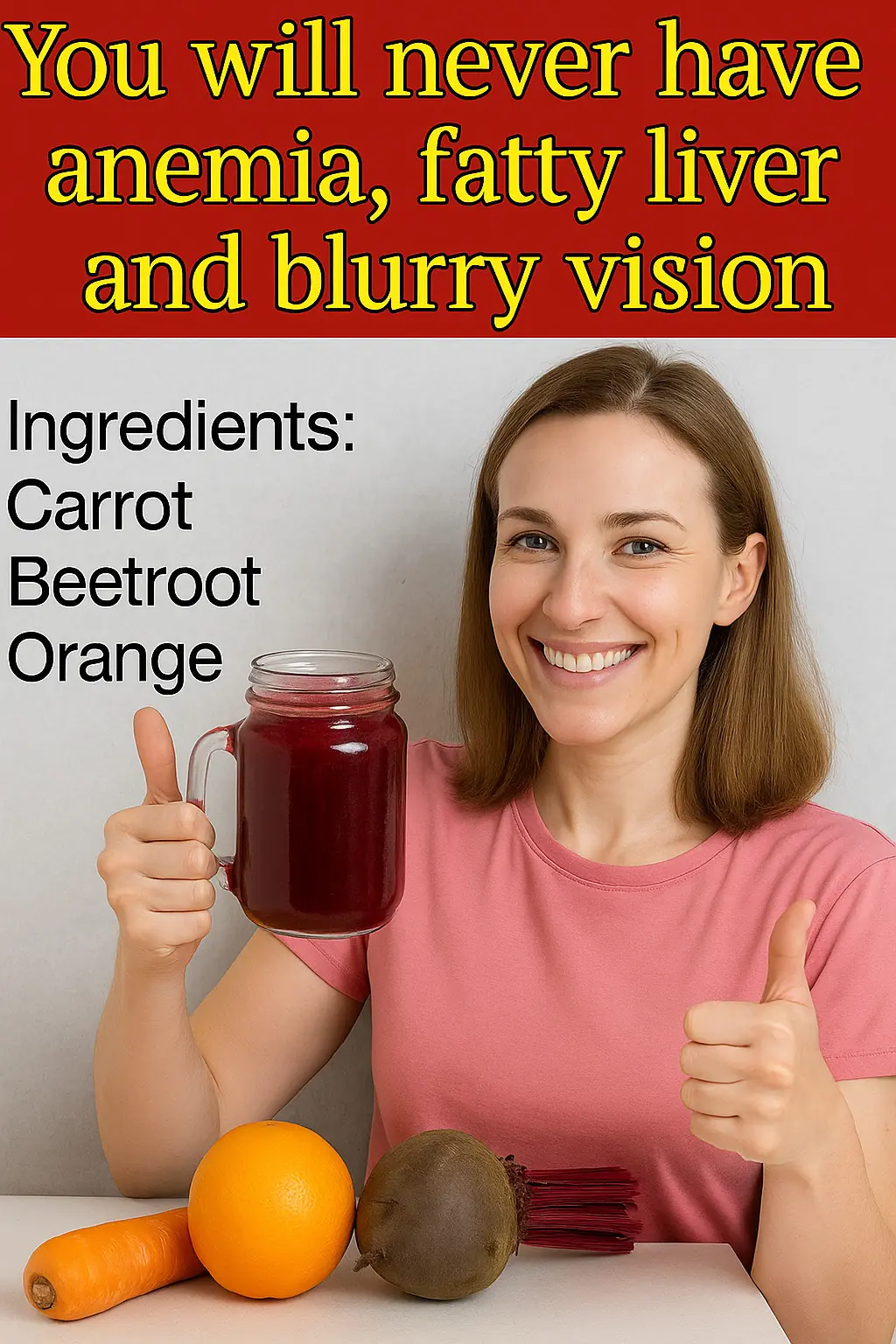
The Powerful Juice That Fights Anemia, Fatty Liver, and Blurry Vision Naturally

Remove Bad Odors from Your Refrigerator Overnight with These Simple Tricks
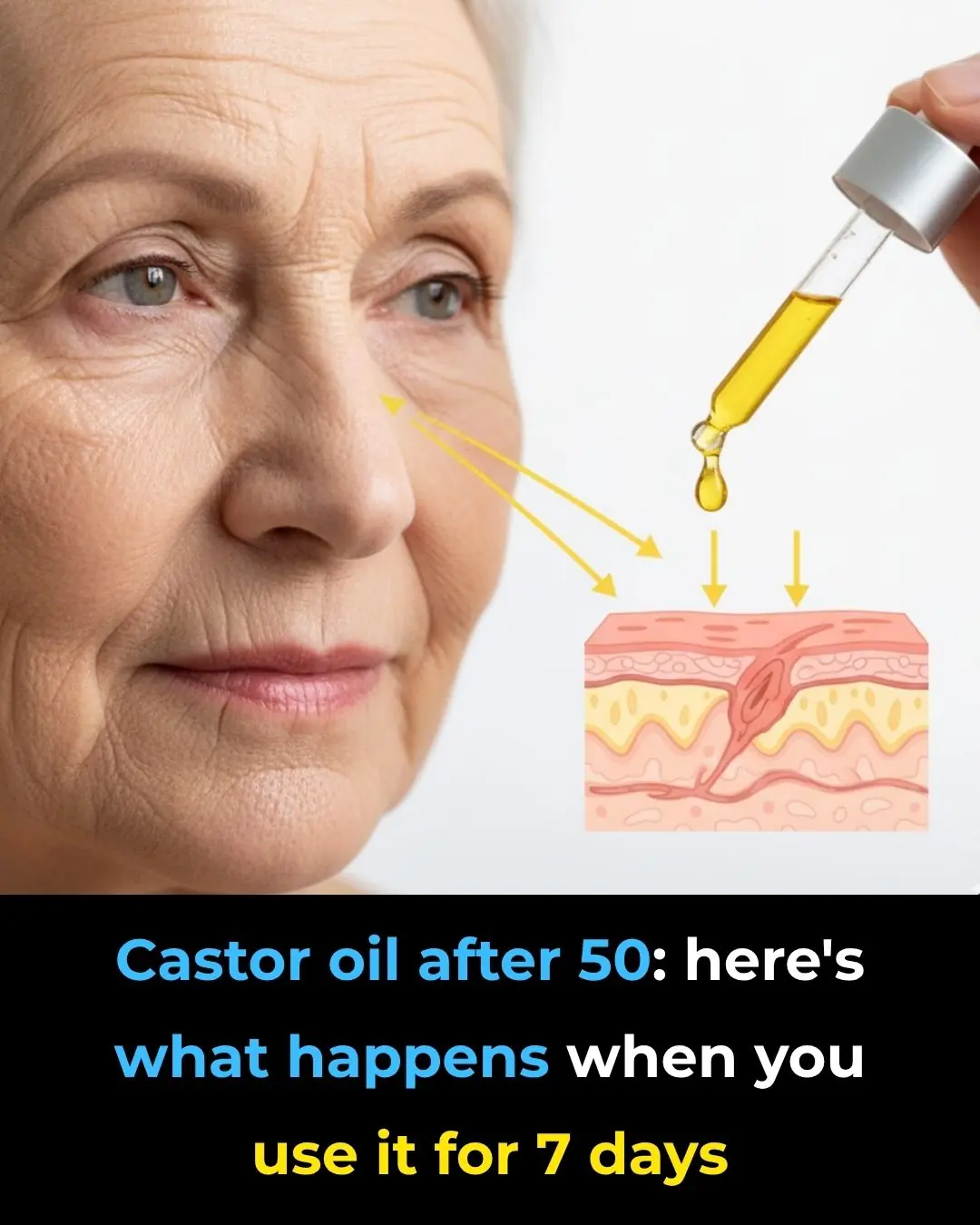
Castor Oil After 50: This Is What Happens After 7 Days Of Use!
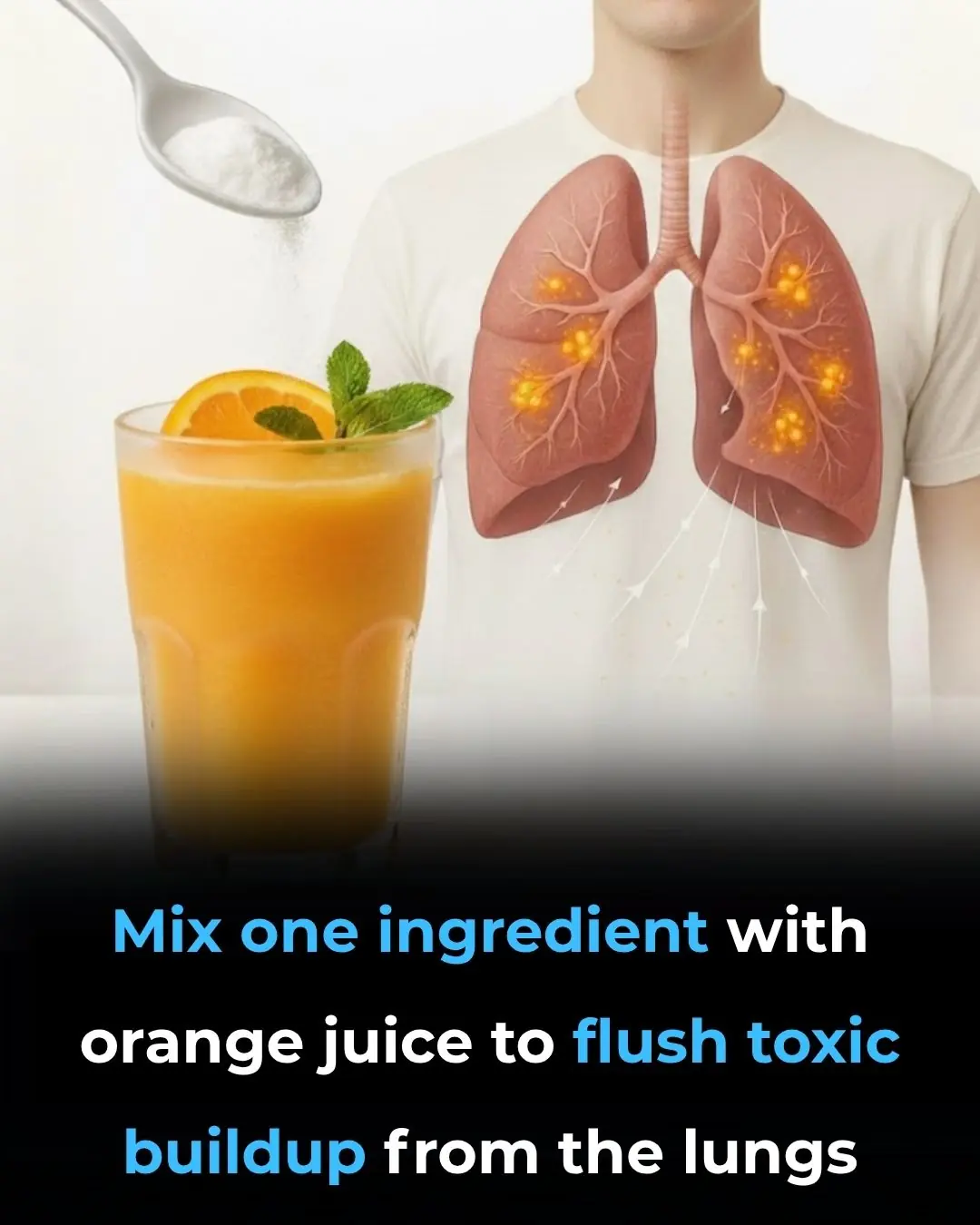
Mix One Ingredient With Orange Juice To Flush Toxic Buildup From The Lungs
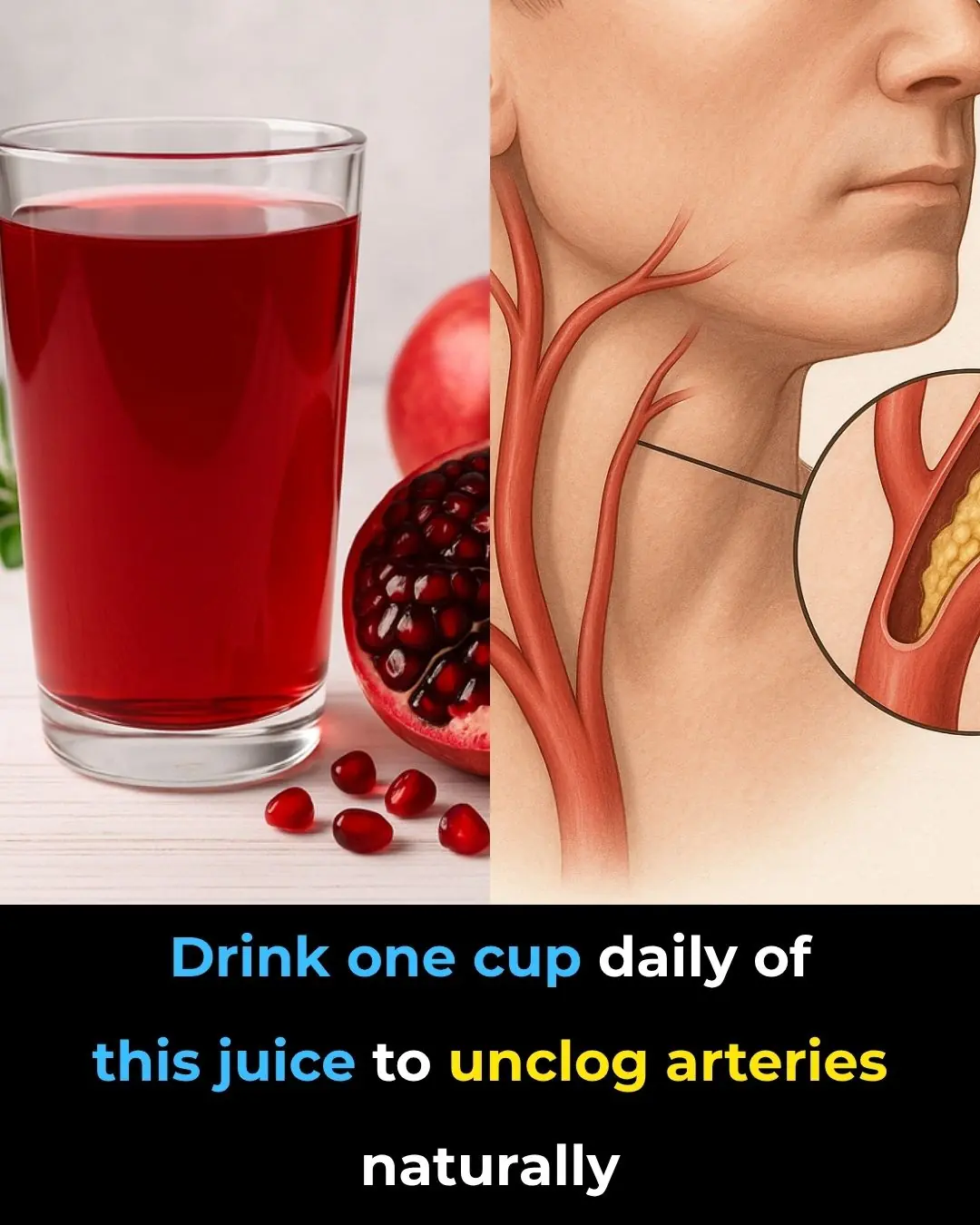
Drink one cup daily of this juice to UNCLOG arteries?
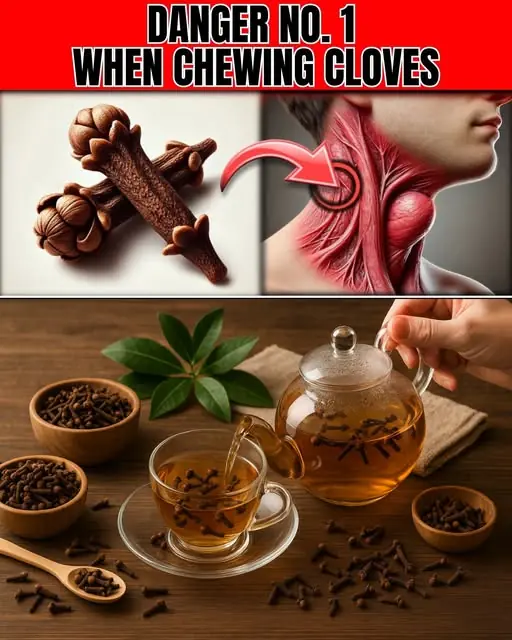
MISTAKE #1 WHEN CHEWING CLOVES (YOUR HEALTH IS IN DANGER)

Just tried to stop my daughter from doing this

Found this weird skin on my son's ear this morning. Doc appt is a week away. What can I do?
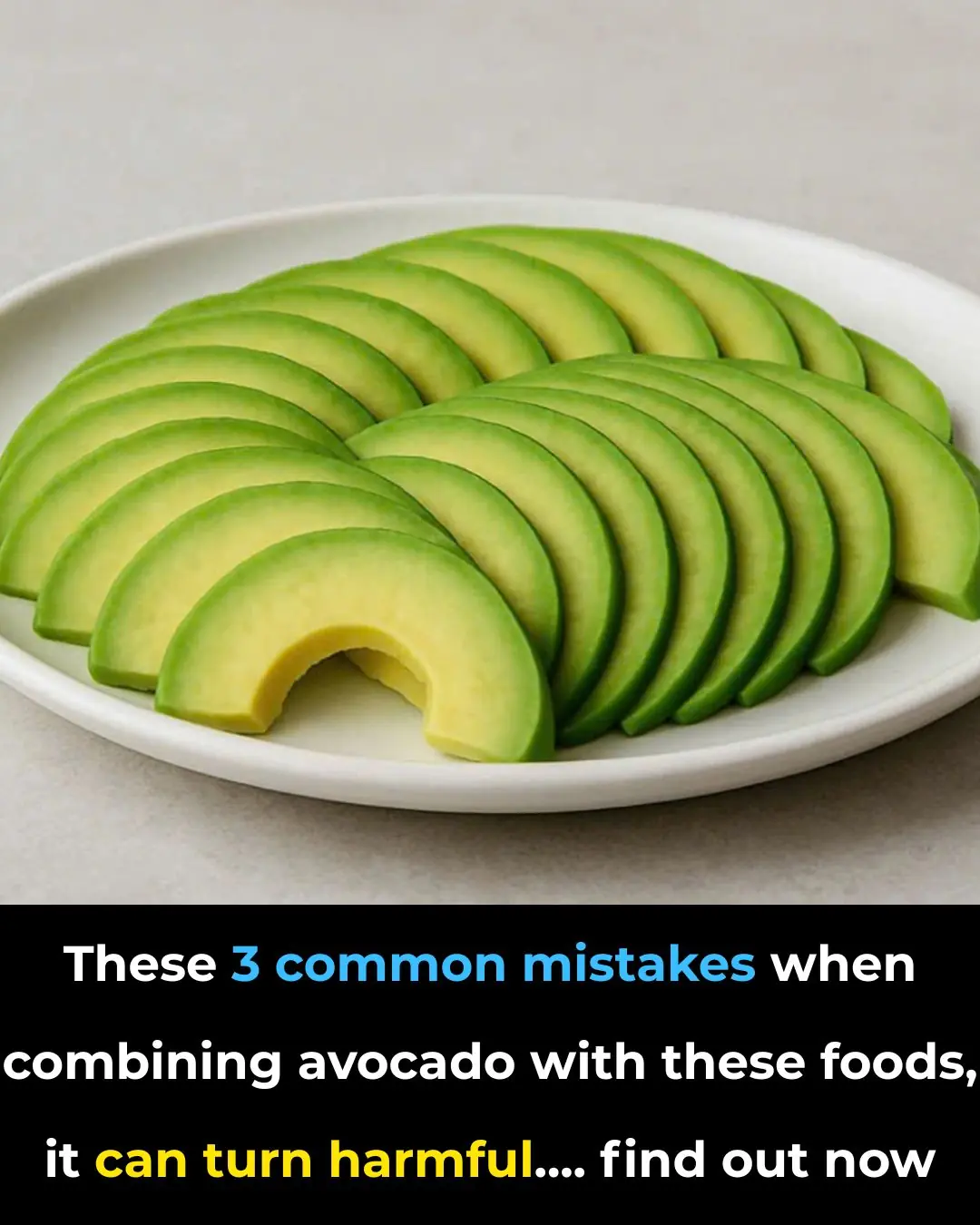
3 Common Mistakes People Make When Eating Avocados
News Post

5 Early Signs of Poor Circulation (and How to Boost Blood Flow)

How Cancer Travels Through the Lymphatic System—and Ways to Keep It Strong

How to Make Alkaline Water to Fight Fatigue, Digestive Issues, and Disease

Your Legs Have a “Second Heart” — And One Simple Move Can Reactivate It Fast

Don't throw away expired milk, keep it for 7 great benefits, help save a lot of money

How to make lemon syrup with a rice cooker to help treat coughs and nourish the lungs

Don't rush to put lemons in the fridge when you buy them. Do this so they stay fresh all year round and don't get bitter or spoiled.

Tips to unclog drains in 5 minutes, removing hair and dirt without calling a plumber
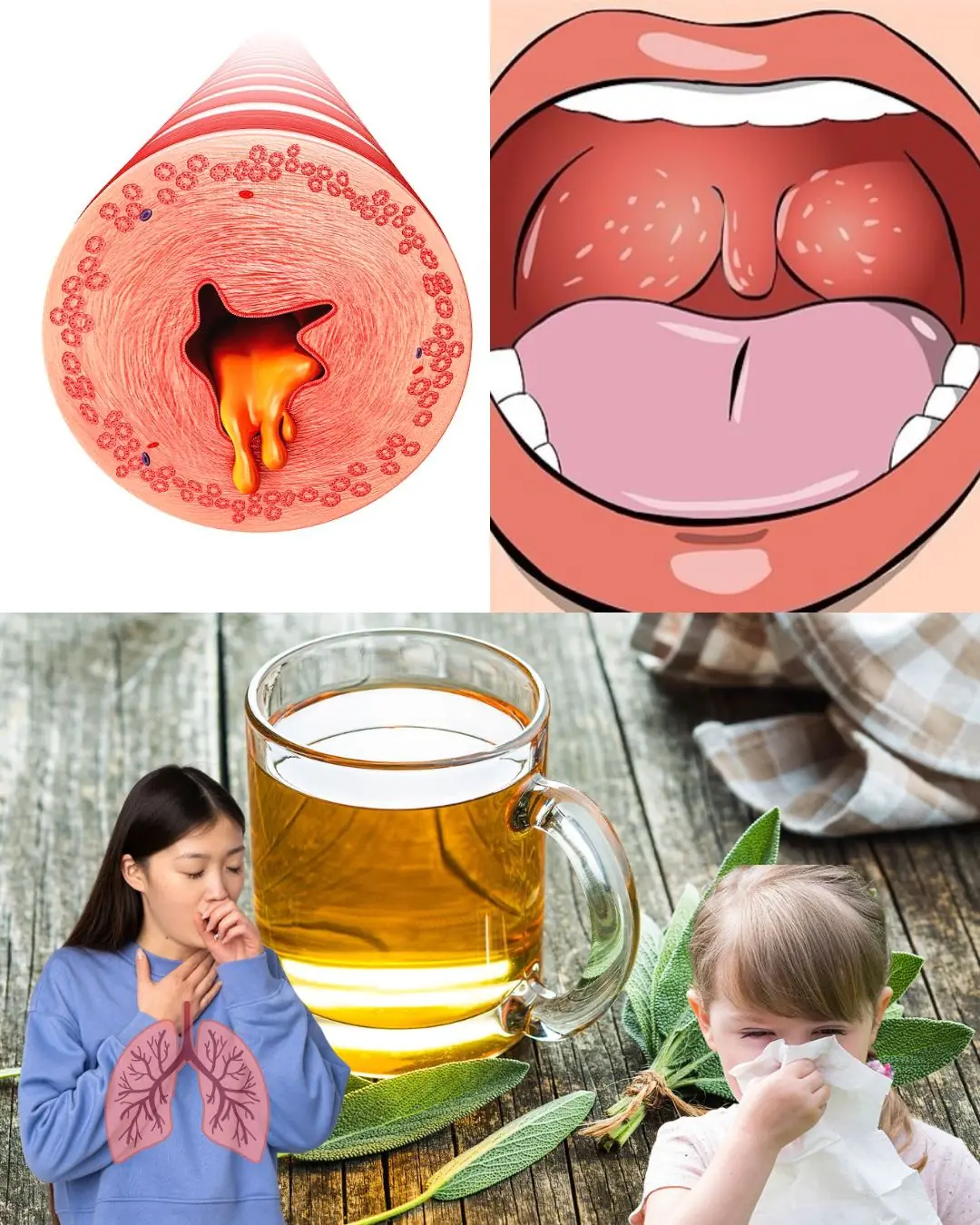
Ancient Herbal Remedy to Clear Mucus from Nose, Throat, and Lungs in Just 2 Days

Seniors: Take This for 5 Nights and See What Comes Out in Your Stool!

A neurosurgeon says your legs could predict dementia years before memory loss

Simple Homemade Cough Syrup Removes Phlegm From The Lungs

Meet The Owner Of The First Beauty Supply In New Paltz, New York

R&B Singer Lucky Daye Has Full-Circle Moment with MLK Day Halftime Performance

Meet Alvin Irby, One of Pepsico’s Black Changemakers Who’s Using Barbershops To Encourage Black Boys To Read More

Meet Charlie Mitchell, The First Black Michelin-Starred Chef In New York City And The Second One In The Nation

This Mom of Four Just Started Medical School at 43 Years Old

The #1 habit that’s destroying muscle in older adults—are you doing this?
